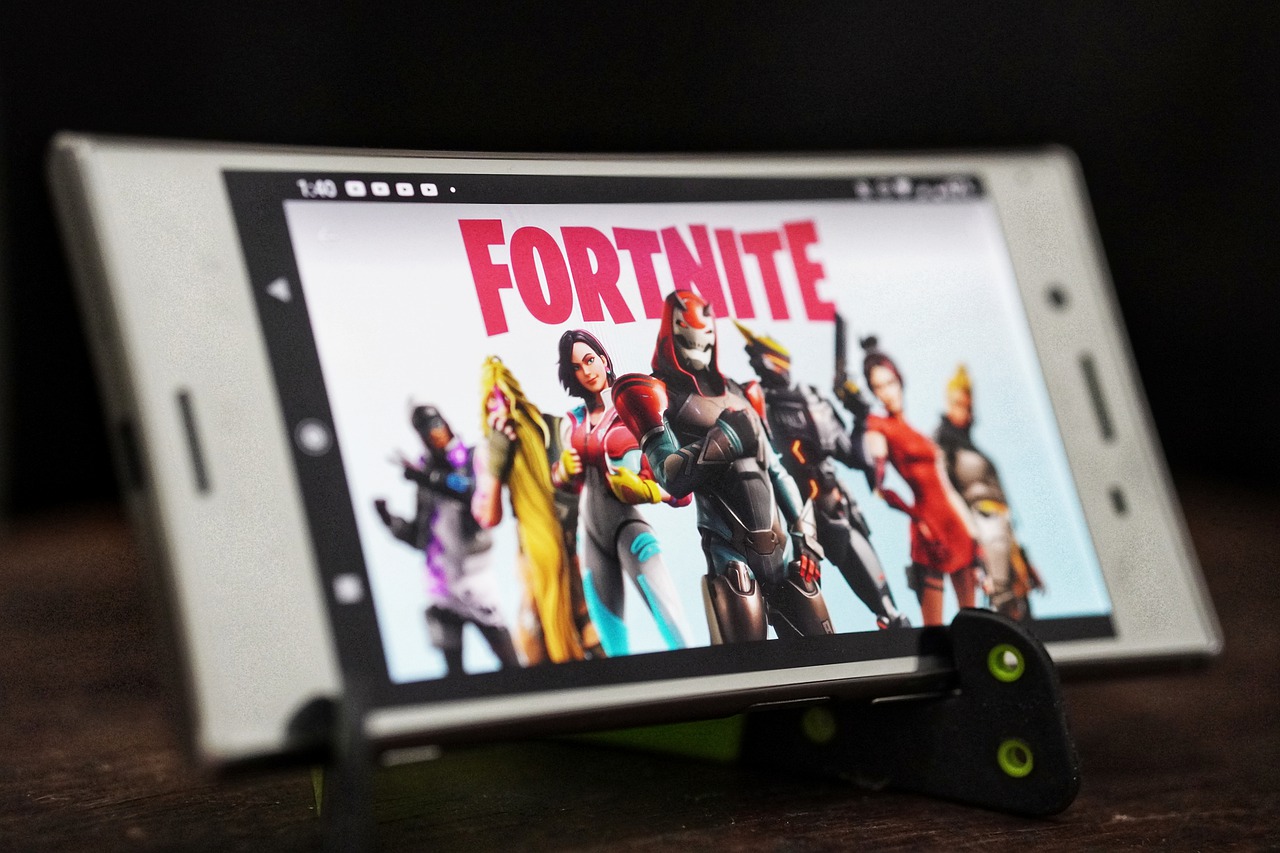ow ‘Fortnite’ Maker Epic Games Will Try To Prove Apple Is Operating App Store As An Illegal Monopoly
In a federal lawsuit, Epic Games, the maker of the popular mobile game Fortnite, and its parent company Blizzard Entertainment have filed a lawsuit against Apple for using its App Store as an illegal monopoly.
Epic wants to topple the so-called Walled Garden, which Apple created 13 years ago as part of a strategy developed by co-founder Steve Jobs. Apple has turned the once-tiny digital storefront into an illegal monopoly that squeezes mobile apps from a significant portion of its revenue, according to the lawsuit. Apple takes a commission of between 15% and 30% for every purchase made through the app, including all digital items through to game subscriptions.
Apple, which is on track to become the first $2 trillion technology company, has defended itself, saying the vast majority of apps are free and do not charge for them. It also said that the App Store has generated more than $1 trillion in retail sales in the past year, suggesting that companies that complain about making money simply want a free ride. On Thursday, Apple added that Epic is one of several companies that have built successful businesses on the App Store and have not sought special agreements because Apple’s policies create a level playing field for developers.
Fortnite has made $34 million in revenue and had more than two million downloads, according to analytics firm Newzoo.com.
Epic Games has filed a civil antitrust lawsuit against Apple after removing Fortnite from the App Store. Epic argues that Apple uses the in-app purchase system, specifically citing its in-app purchase system and the associated “In App Purchases” system. According to the lawsuit, Epic Games allows users to bypass Apple’s in-app purchase system by using third-party app stores such as Google Play and Amazon.
Apple responded by removing Fornite from the App Store altogether, citing a violation of the review guidelines. According to Andeer, about 100,000 apps submitted for review are rejected every week because of this type of problem.
Epic will try to prove that Apple is using security issues to mask the fact that it maintains a monopoly that wrings more profit from app manufacturers who cannot afford not to be available on the iPhone. The judge expressed skepticism and rejected Epic’s request to reintroduce Fortnite to Apple’s App Store pending the outcome of the trial. That process is expected to last most of May, with a decision expected in the weeks that follow.
Epic’s legal move is also strategically timed to follow Apple’s recent decision to scrutinize the app store’s security and privacy policies and business practices.
Epic’s complaint against Apple quotes Republican Hank Johnson (D-Ga.), who said app developers had no choice but to follow Apple’s guidelines or leave the App Store. Epic is taking an interesting legal route by claiming that Apple is an indispensable institution. If Epic wins the case against Apple, it must show that its policies are not about the 30% commission that is included in the revenue, but rather about trying to take market share away from platforms that could compete with the Apple ecosystem.
Fortnite creator Epic Games has thrown a spear into the fire in a lawsuit in the US District Court of Northern California against Apple, its parent company Apple Inc. and its subsidiary Apple App Store.
Epic Games claims that Apple’s grip on the iOS market is inappropriate and illegal and is trying to force Fortnite’s removal from the Apple App Store and its parent company Apple Inc., alleging violations of the Digital Millennium Copyright Act (DMCA). The move is in line with the company’s push to disrupt developers through the App Store and the fees that go with it, and comes at a time when Apple faces increased antitrust scrutiny on Capitol Hill. The lawsuit comes just weeks after Apple removed Fortnite from its store and introduced an in-app payment system that allows users to bypass Apple entirely.
Spotify, which has long fought a battle with Apple and filed its own antitrust complaint, has intervened between Epic and Apple.
Epic Games’ lawsuit against Apple focuses on the fact that they are anti-competitive under the App Store’s policies and that the direct payment feature added to Fortnite violates those policies. Epic Games knew that its decision would lead to a public dispute with Apple, so the lawsuit had been prepared in advance.
Epic argues that it is a PR machine designed to protect lucrative territories and continue to squeeze out competition from apps with high fees and arbitrary rules. You can read the full civil lawsuit Epic Games filed against Apple here. Read also: Will video games be the next big thing in the fight against the anti-competitive policies of the Apple App Store?
Epic Games CEO Tim Sweeney has objected to Apple’s policy of excluding competition from app distribution, but the company says it does not dispute the legality of the Apple App Store’s anti-competitive policy. He even jokingly called her a “sleeping monopolist” rather than an innovator.
![]()
